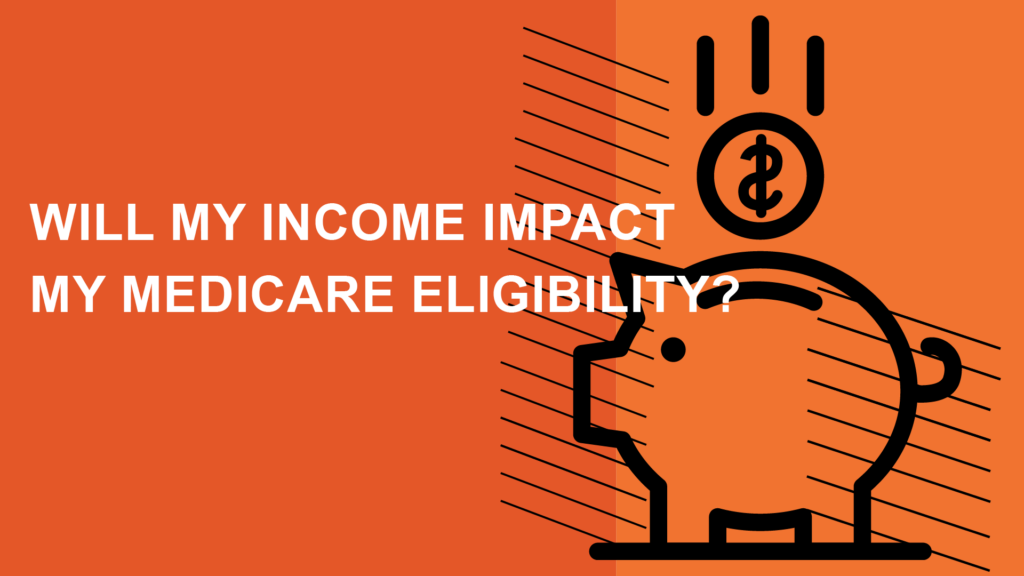No. As long as you meet the eligibility requirements for Medicare, your income is irrelevant to your ability to get coverage. Your income will, however, determine how much you pay for your monthly premiums for Medicare Part B and Part D. Read on to learn more about how Medicare determines your costs for coverage.
Costs For Part B With A High Income
Medicare and Social Security look at your modified adjusted gross income when they determine your costs for coverage. They take your total adjusted gross income and add tax-exempt interest to find this number, which will be on last year’s tax return. Each year, Medicare decides what the income threshold will be until beneficiaries will pay a higher rate for their monthly premiums.
In 2023, individuals who had a yearly income in 2021 of $97,000 or less will pay the standard Part B premium of $164.90. Married couples filing jointly with an income of up to $194,000 pay the same rate, as do those married couples filing separately with incomes of $97,000 or less.
Individuals making between $97,000 and $123,000 or couples who made between $194,000 and $246,000 will pay monthly premiums of $230.80. Individuals making between $123,000 and $153,000 or couples who made above $246,000 up to $306,000 will pay $329.70. Individuals making above $153,000 to $183,000 or couples who made between $306,000 and $366,000 will pay $428.60. Individuals who made above $183,000 and less than $500,000 or couples who made above $366,000 and less than $750,000 will pay $527.50. Individuals who made $500,000 or more and married couples who made $750,000 or more will pay $560.50 for their monthly Part B premiums.
Married individuals filing separately will pay $527.50 if they made more than $97,000 and less than $403,000, and if they made $403,000 or above, they will pay monthly premiums of $560,000.
If you retired last year or for some other life-changing reason had a much lower income than in 2021, you can speak with Social Security to adjust your premiums.
Medicare Part D Income Adjustment
Medicare Part D uses the same income thresholds as for Part B. If you made more than $97,000 as an individual or $194,000 as a married couple filing jointly, you will need to pay Medicare more for your monthly premiums.
Medicare Part D is a separate policy from Part A and Part B, and is optional. You purchase these policies from Medicare-approved health insurance companies, and your costs for coverage will vary based on any number of factors. The extra money that you have to pay in premiums for having a higher income goes directly to Medicare. This charge is called the Part D Income Related Monthly Adjustment Amount (IRMAA), and adds between $12.20 and $76.40 to your monthly Part D premiums based on how high your income was on your tax return from 2021.
If you have more questions about your costs and coverage under your Medicare plan, speak with the trusted agents at Magellan Healthcare.


